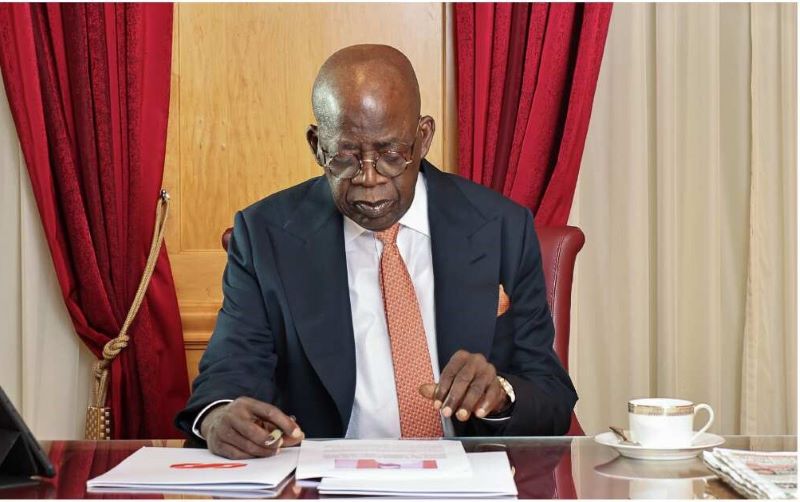In the crowded stalls of Nigeria’s bustling markets, a silent killer is being sold with a smile.
Wrapped in gold-foiled boxes and bearing foreign scripts, North Korean dietary supplements—touted as ancient Eastern miracle cures—are slipping into the hands of unsuspecting Nigerians. But behind the promise of boosted energy, stronger vitality, and natural healing lies a cocktail of deadly toxins.
A recent investigation has revealed a horrifying truth: these products are laced with mercury, arsenic, cadmium, lead, banned steroids, and illegal sexual enhancement drugs, some at levels thousands of times beyond safe limits. One such supplement, Angung Uhwanghwan, tested at 9,556 ppm of mercury—a dose so dangerous it could cause kidney failure or permanent brain damage after repeated use.

“This isn’t medicine, it’s a loaded gun disguised as a health booster,” a senior health official warned, speaking anonymously for fear of political backlash.
And yet, these products are being peddled not just in shadowy corners but openly, even recommended in some North Korean-run restaurants across the country.
Ordinary citizens, driven by hope and trust in tradition, are swallowing poison with every capsule, completely unaware.
Children, elders, the sick and hopeful—none are spared. The investigation uncovered other contaminated products like Heuksamryeokgang and Hyeolgungbullojeong, each containing dangerous concentrations of heavy metals. One variant even carried sildenafil—the active ingredient in Viagra—without any warning on the label.
“People are dying slowly,” said a public health advocate, “and they don’t even know why.”
As anger brews, all eyes are on Nigeria’s regulatory agencies. Activists are demanding an immediate national ban, market raids, public alerts, and tighter border control to stop the flow of these silent assassins.
NAFDAC has been called upon to lead the charge and protect millions at risk.
The message from experts is loud and clear:
If it’s not approved, don’t use it.
If it’s written in a language you can’t read, walk away.
If it promises too much—it could cost your life.
What appears to be a miracle cure may, in fact, be a death sentence. And the time to act is now—before more lives are lost to what should never have reached our shores.



